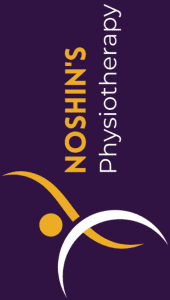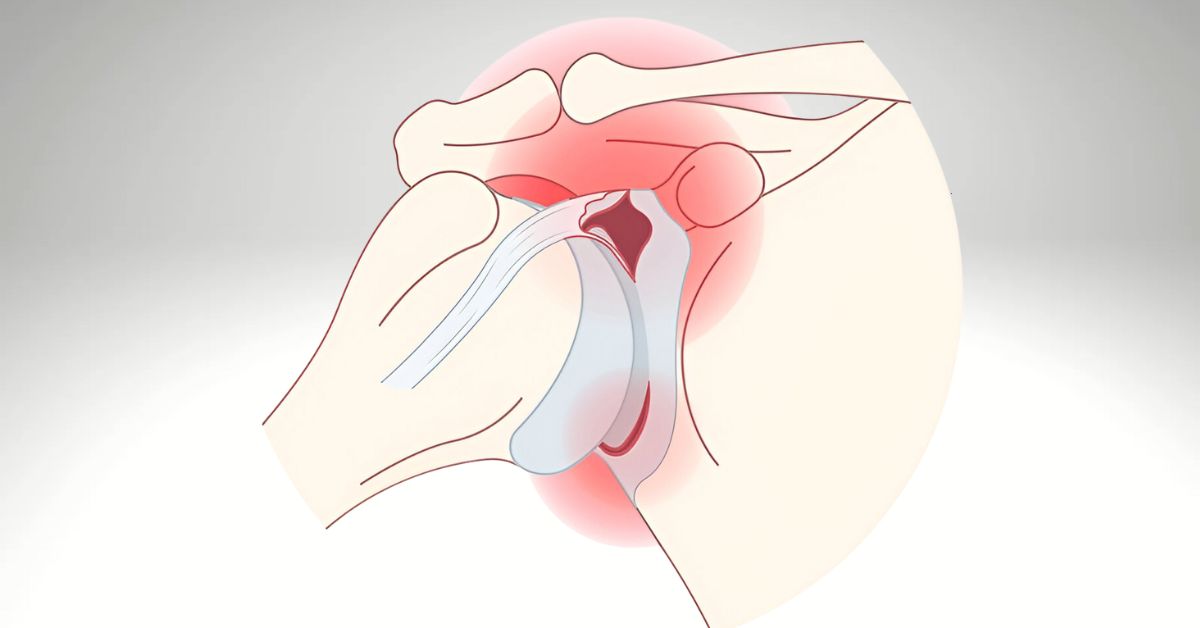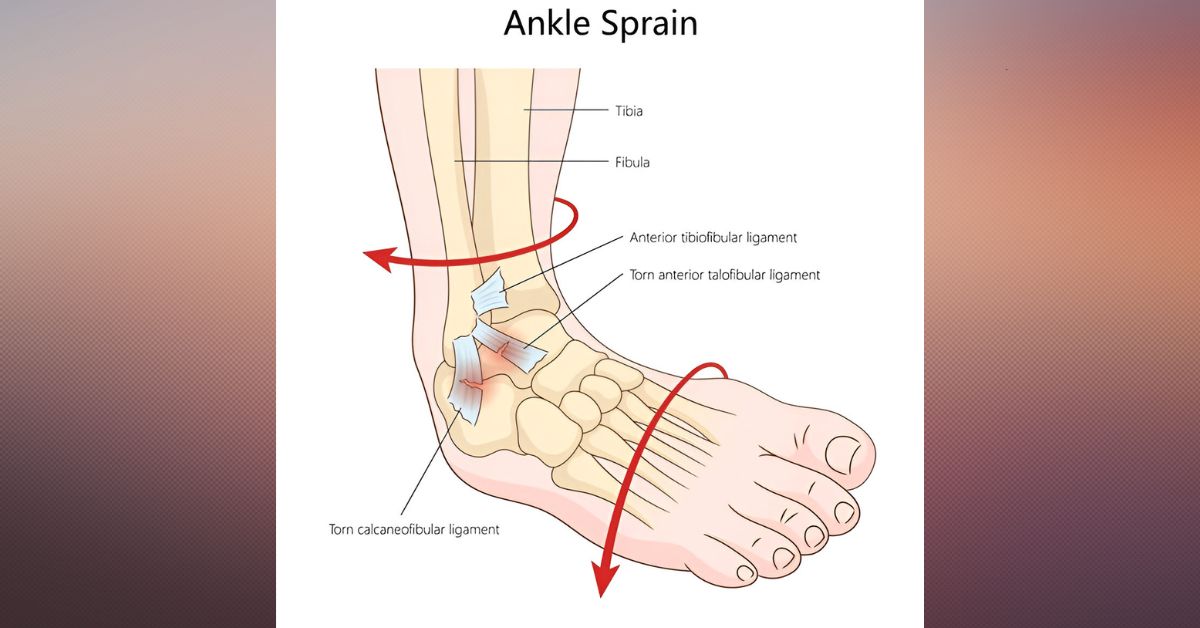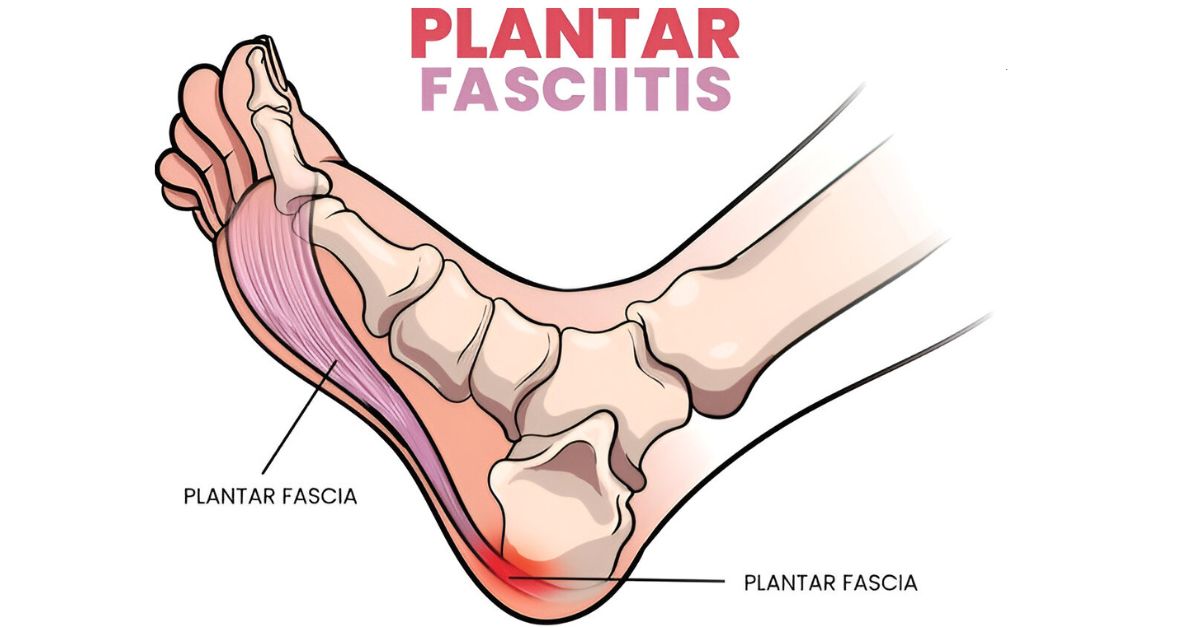What Is Vaginismus?
Vaginismus is a condition where the muscles around the vagina tighten up automatically when something tries to enter—whether it’s a tampon, finger, or during intercourse. This muscle reaction is involuntary and can make any form of penetration painful or completely impossible.
This can be confusing, frustrating, and isolating. But you are not alone—and it is very treatable.
What Does Vaginismus Feel Like?
- Burning or sharp pain during attempted intercourse or vaginal exam
- Feeling like something is “hitting a wall”
- Tightness or inability to insert a tampon
- Anxiety or fear around intimacy
For some women, the fear of pain becomes so intense that they avoid relationships or medical care.
Why Does It Happen?
Vaginismus can happen for many reasons:
- Previous pain, trauma, or negative sexual experiences
- Fear of penetration or pregnancy
- Anxiety or past abuse
- Physical conditions like infections, menopause, or childbirth trauma
Sometimes the original cause isn’t clear—but the muscle tension becomes a habit.
There Is Hope: Physiotherapy Can Help
Pelvic floor physiotherapy is one of the safest, most effective ways to treat vaginismus. A trained pelvic physiotherapist works gently with you to relax your pelvic muscles, reduce fear, and retrain your body.
Treatment May Include:
- Breathing and relaxation techniques
- Education about pelvic anatomy and how fear affects muscles
- Gentle manual therapy inside or outside the vagina
- Use of vaginal trainers (dilators) guided by your physiotherapist
- Mind-body techniques to restore confidence and comfort
What Does the Research Say?
A randomized controlled trial by Van der Velde and Everaerd (2001) showed that women with vaginismus had overactive pelvic floor muscles even before penetration. Physiotherapy targeting this dysfunction can change muscle patterns and ease pain.
A recent RCT by Brotto et al. (2015) found that women who received a combination of pelvic floor physiotherapy and education had better outcomes than those who received education alone.
You Are Not Broken
Vaginismus is not “in your head”—it’s a physical condition with emotional components. With support, knowledge, and professional help, healing is not only possible—it’s expected.
If you or someone you love is experiencing this, reach out to a pelvic floor physiotherapist. We’re here to help you reclaim your comfort, confidence, and relationships—at your pace, with no judgment.
References:
Brotto, L. A., Yong, P., Smith, K. B., & Sadownik, L. A. (2015). Impact of a multidisciplinary vulvodynia program on sexual functioning and dyspareunia: A prospective study. Journal of Sexual Medicine, 12(1), 238–247. https://doi.org/10.1111/jsm.12721
Van der Velde, J., & Everaerd, W. (2001). The relationship between involuntary pelvic floor muscle activity and sexual pain in women with dyspareunia and vaginismus: An electromyographic study. Journal of Psychosomatic Obstetrics & Gynecology, 22(4), 205–212. https://doi.org/10.3109/01674820109049983












